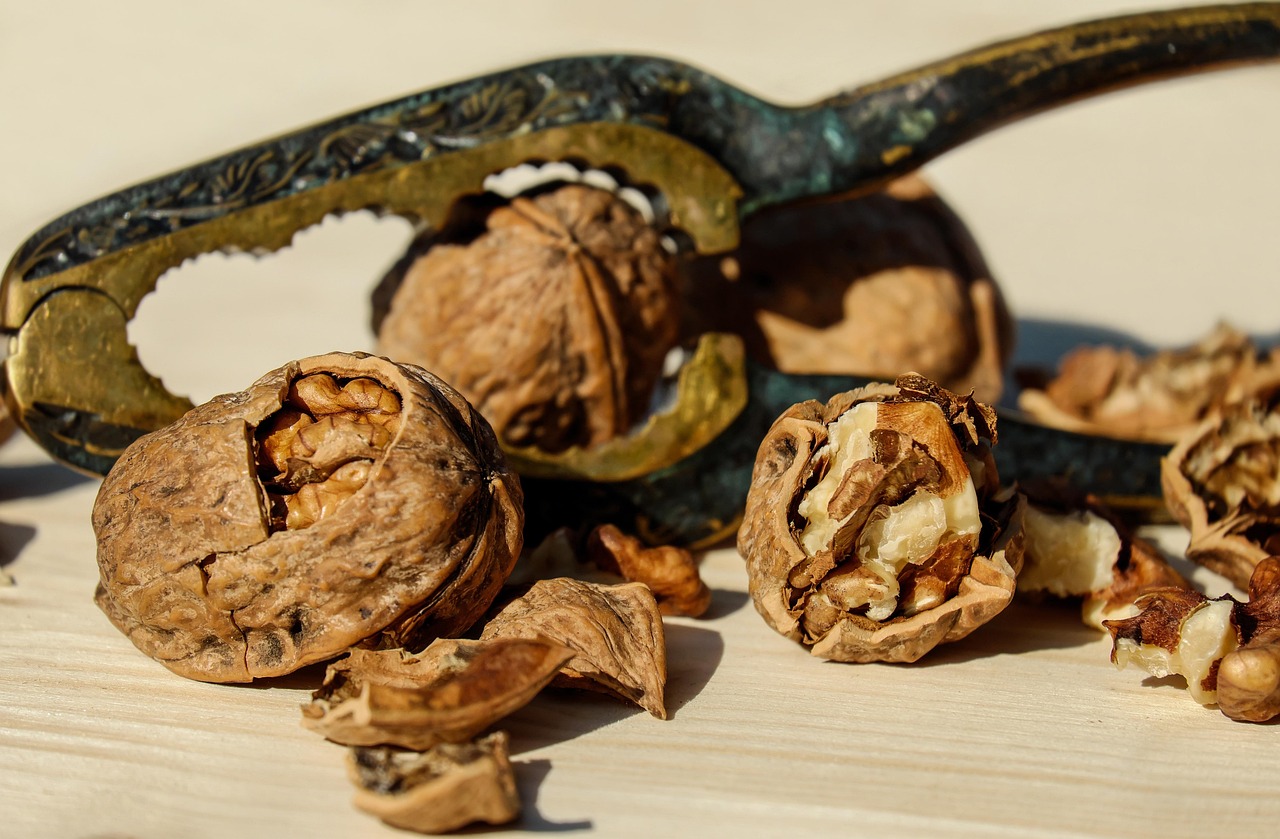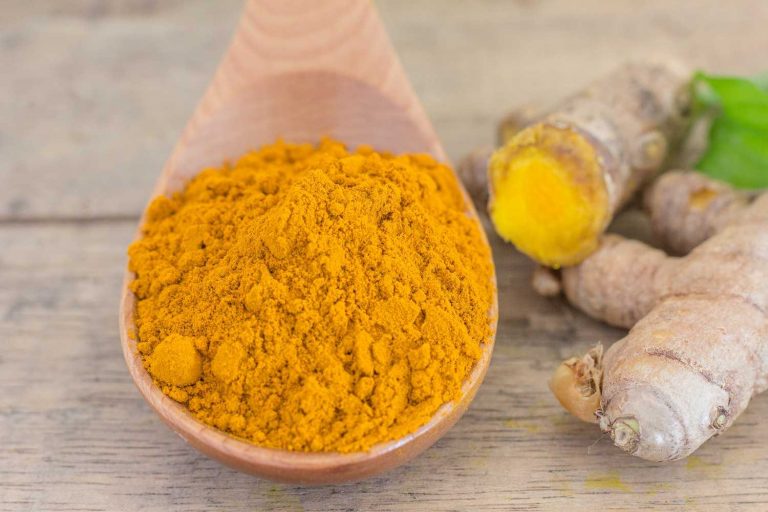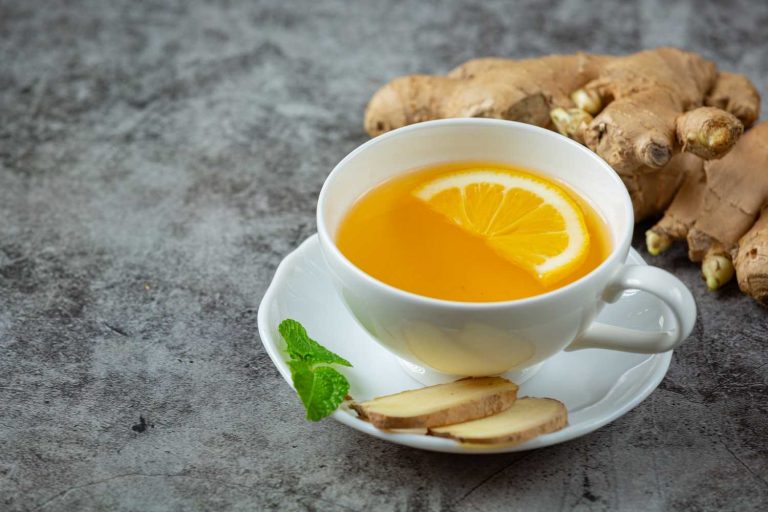Did you know that what you eat can actually influence your hearing? It’s true! While many of us think of hearing loss as an inevitable part of aging, the truth is that our diet can play a significant role in maintaining auditory health. Let’s dig into five superfoods that can help keep your ears in tip-top shape.
Contents
1. Blueberries: Tiny Powerhouses for Ear Health
Blueberries are often hailed as a superfood, and for good reason. Packed with antioxidants, these little berries can help combat oxidative stress, which is known to contribute to hearing loss. A study published in the Journal of Neuroscience found that diets rich in antioxidants may help protect against age-related hearing decline (Le et al., 2018).
Why They Work
The antioxidants in blueberries help reduce inflammation and improve blood flow to the inner ear, which is crucial for optimal hearing function. Plus, they’re incredibly versatile—throw them in your morning smoothie, add them to yogurt, or just munch on them as a snack.
Caveats
While blueberries are fantastic, moderation is key. They’re best when part of a balanced diet. Overindulging in any one food can lead to nutrient imbalances.
2. Spinach: Leafy Greens for Hearing Protection
Spinach isn’t just a great source of iron; it’s also loaded with vitamins A, C, and K, as well as folate, which are essential for overall health, including hearing. Research has shown that dietary folate can be linked to a lower risk of hearing loss (Gordon-Salant et al., 2010).
The Nutrient Connection
These nutrients help maintain the health of the auditory system. Folate, in particular, is crucial for cell regeneration and repair, which is vital for the delicate structures of the ear.
How to Enjoy It
Incorporate spinach into your salads, smoothies, or even as a cooked side dish. You can easily sneak it into various meals without altering the flavor too much.
A Word of Caution
If you’re on blood thinners, consult your healthcare provider about your spinach intake because of its vitamin K content.
3. Salmon: Omega-3 Fatty Acids for Ear Health
Salmon is not just delicious; it’s a rich source of omega-3 fatty acids, which play a crucial role in brain health and, by extension, auditory function. A study in the American Journal of Clinical Nutrition found that higher omega-3 intake is associated with a lower risk of hearing loss (Gao et al., 2016).
The Benefits
Omega-3s help promote better blood circulation, which is essential for the inner ear. They also have anti-inflammatory properties, which can combat conditions that lead to hearing loss.
Best Ways to Include Salmon
Grill it, bake it, or even add it to salads. The options are endless! Just be mindful of sourcing sustainable fish to support both your health and the environment.
Potential Downsides
While salmon is generally safe, some people may be allergic. Additionally, be cautious about mercury levels in fish—opt for wild-caught varieties when possible.
4. Walnuts: Crunchy Goodness for Hearing
Walnuts are often overlooked, but they’re a fantastic source of omega-3 fatty acids and antioxidants. They’re also high in magnesium, which has been linked to auditory health. A study published in Frontiers in Aging Neuroscience indicated that magnesium may help protect against noise-induced hearing loss (Kumar et al., 2019).
How They Help
The combination of nutrients in walnuts supports blood flow and reduces oxidative stress, both of which are crucial for maintaining healthy hearing.
Easy Ways to Snack
Add a handful of walnuts to your oatmeal, salads, or simply enjoy them as a snack. They can also be blended into smoothies for an added nutrient boost.
Considerations
While walnuts are beneficial, they’re also calorie-dense. Keep portion sizes in check to avoid extra calories.
5. Carrots: Crunchy Veggies for Eye and Ear Health
Carrots are often associated with eye health, but they can also benefit your hearing. They’re rich in beta-carotene and antioxidants, which help protect the cells in your ears. A diet high in carotenoids has been linked to better auditory function (Bergström et al., 2016).
Nutritional Benefits
Carrots support overall cellular health and are particularly good for maintaining the integrity of your auditory system. Plus, they’re low in calories and high in fiber.
How to Incorporate Carrots
Raw, cooked, or juiced, carrots are incredibly versatile. Try them in salads, soups, or even as a crunchy snack with hummus.
Things to Keep in Mind
While carrots are healthy, they should be part of a diverse diet to ensure you’re getting a wide range of nutrients.
FAQs
1. Can superfoods alone prevent hearing loss?
While superfoods can contribute to better hearing health, they should be part of an overall healthy lifestyle, including regular check-ups and protecting your ears from loud noises.
2. How long does it take to see benefits from these foods?
Results can vary, but incorporating these foods consistently into your diet may lead to noticeable improvements in your overall health within a few weeks to months.
3. Are there any foods I should avoid for better hearing?
Processed foods high in sugar and unhealthy fats can negatively impact your overall health, including your hearing.
4. Can supplements replace these superfoods?
Supplements can be helpful, but whole foods provide a range of nutrients that work synergistically, making them a better option.
Conclusion
Maintaining your hearing health doesn’t have to be complicated. By incorporating these five superfoods—blueberries, spinach, salmon, walnuts, and carrots—into your diet, you can help support your auditory system and potentially stave off age-related hearing loss. Remember, it’s about balance and variety. While these foods can provide a significant boost, they work best as part of a holistic approach to health.
So, the next time you’re at the grocery store, consider loading up on these delicious superfoods. Your ears will thank you!
This article is for educational purposes only and is not a substitute for professional medical advice. Always consult a qualified healthcare provider before making changes to your health routine.
References
-
Le, P. T., et al. (2018). The role of dietary antioxidants in hearing loss: A review. Journal of Neuroscience. Retrieved from https://www.jneurosci.org/content/early/2018/01/12/JNEUROSCI.1230-17
-
Gordon-Salant, S., et al. (2010). Age-related changes in the auditory system and their effects on hearing. Journal of the American Academy of Audiology. Retrieved from https://www.audiology.org/sites/default/files/Gordon-Salant_2010.pdf
-
Gao, X., et al. (2016). Dietary omega-3 fatty acids and hearing loss. American Journal of Clinical Nutrition. Retrieved from https://academic.oup.com/ajcn/article/104/3/712/4564718
-
Kumar, S., et al. (2019). Magnesium and noise-induced hearing loss: A review. Frontiers in Aging Neuroscience. Retrieved from https://www.frontiersin.org/articles/10.3389/fnagi.2019.00045/full
-
Bergström, T., et al. (2016). Carotenoids and hearing: A review. Journal of Nutrition & Intermediary Metabolism. Retrieved from https://www.sciencedirect.com/science/article/abs/pii/S2211600116300054
Get Your FREE Natural Health Guide!
Subscribe now and receive our exclusive ebook packed with natural health tips, practical wellness advice, and easy lifestyle changes, delivered straight to your inbox.




